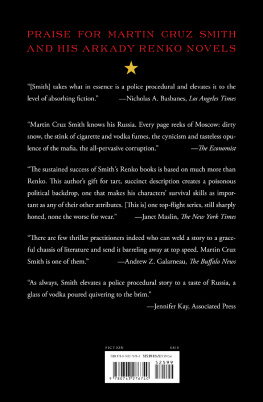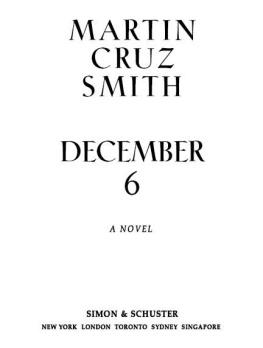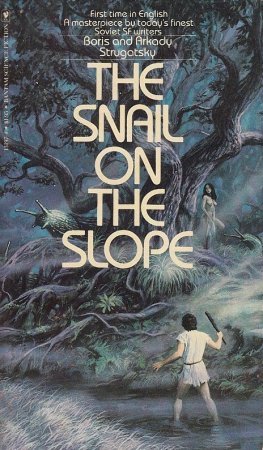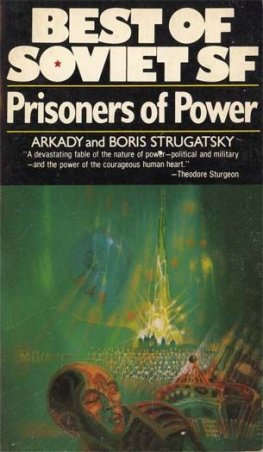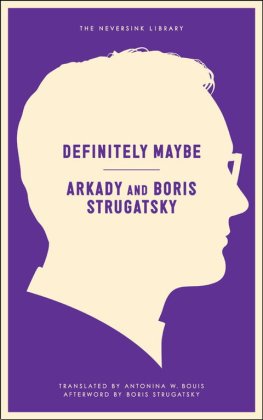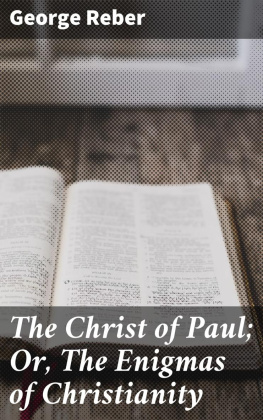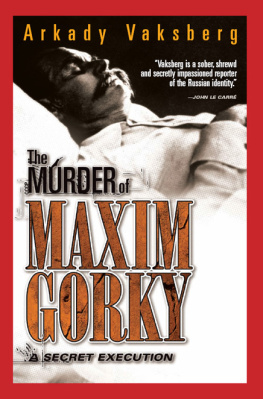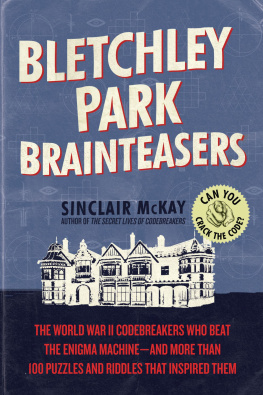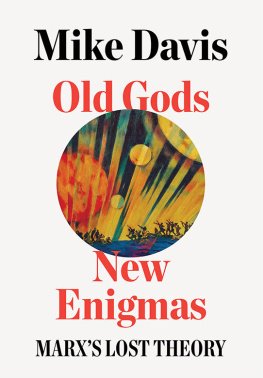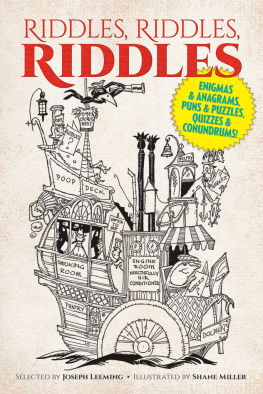Gorky Park
By Martin Cruz Smith
Also by Martin Cruz Smith
THE INDIANS WON
GYPSY IN AMBER
CANTO FOR A GYPSY
NIGHTWING
STALLION GATE
POLAR STAR
RED SQUARE
ROSE
HAVANA BAY
First published in Great Britain 1981 by Collins
This edition published 1996 by Pan Books
an imprint of Macmillan Publishers Ltd
25 Eccleston Place, London SW1W 9NF
Basingstoke and Oxford
Associated companies throughout the world
www.macmillan.co.uk
ISBN 0 330 26673 X
Copyright Martin Cruz Smith 1981
All rights reserved. No part of this publication may be
reproduced, stored in or introduced into a retrieval system, or
transmitted, in any form, or by any means (electronic, mechanical,
photocopying, recording or otherwise) without the prior written
permission of the publisher. Any person who does any unauthorized
act in relation to this publication may be liable to criminal
prosecution and civil claims for damages
31 33 35 37 39 38 36 34 32
A CIP catalogue record for this book is available from
the British Library.
Phototypeset by Intype London Ltd
Printed and bound in Great Britain by
Mackays of Chatham plc, Chatham, Kent
This book is sold subject to the condition that it shall not,
by way of trade or otherwise, be lent, re-sold, hired out,
or otherwise circulated without the publisher's prior consent
in any form of binding or cover other than that in which
it is published and without a similar condition including this
condition being imposed on the subsequent purchaser.
For Em
Acknowledgements
I thank Anthony Astrachan, Dr Michael Baden, Anthony Bouza, Knox Burger, William Caunitz, Nancy Forbes, Dr Paul Kagansky, Anatol Milstein, John Romano, Kitty Sprague and Richard Woodley for their generous aid and encouragement during the writing of this book.
Especially, I am beholden to Alex Levin, Yuri and Ala Gendler and Anatoly Davydov. Without them Gorky Park would be a place without people.
Part One
MOSCOW
Chapter One
All nights should be so dark, all winters so warm, all headlights so dazzling.
The van jacked, stalled and quit on a drift, and the homicide team got out, militia officers cut from a pattern of short arms and low brows, wrapped in sheepskin greatcoats. The one not in uniform was a lean, pale man, the chief investigator. He listened sympathetically to the tale of the officer who had found the bodies in the snow: the man had only strayed so far from the park footpath in the middle of the night to relieve himself, then he saw them, himself half undone, as it were, and just about froze, too. The team followed the beam of the van's spotlight.
The investigator suspected the poor dead bastards were just a vodka troika that had cheerily frozen to death. Vodka was liquid taxation, and the price was always rising. It was accepted that three was the lucky number on a bottle in terms of economic prudence and desired effect. It was a perfect example of primitive communism.
Lights appeared from the opposite side of the clearing, shadow trees sweeping the snow until two black Volgas appeared. A squad of KGB agents in plainclothes were led from the cars by a squat, vigorous major called Pribluda. Together, militia and KGB stamped their feet for warmth, exhaling drafts of steam. Ice crystals sparkled on caps and collars.
The militia - the police arm of the MVD - directed traffic, chased drunks and picked up everyday corpses. The Committee for State Security - the KGB - was charged with grander, subtler responsibilities, combating foreign and domestic intriguers, smugglers, malcontents, and while the agents had uniforms, they preferred anonymous plainclothes. Major Pribluda was full of rough early-morning humor, pleased to reduce the professional animosity that strained cordial relations between the People's Militia and the Committee for State Security, all smiles until he recognized the investigator.
'Renko!'
'Exactly.' Arkady Renko started immediately for the bodies and left Pribluda to follow.
The tracks of the militiaman who had found the bodies led halfway through the snow to the telltale humps in the center of the clearing. A chief investigator should have smoked a fine brand of cigarette; Arkady lit a cheap Prima and filled his mouth with the powerful taste of it - his habit whenever he dealt with the dead. There were three bodies, as the militiaman said. They lay peacefully, even artfully, under their thawing crust of ice, the center one on its back, hands folded as if for a religious funeral, the other two turned, arms out under the ice like flanking emblems on embossed writing paper. They were wearing ice skates.
Pribluda shouldered Arkady aside. 'When I am satisfied questions of state security are not involved, then you begin.'
'Security? Major, we've got three drunks in a public park - '
The major was already waving in one of his agents with a camera. With each picture the snow flashed blue and the bodies levitated. The camera was foreign and developed the pictures almost instantaneously. Proudly the photographer showed a photo to Arkady. The three bodies were lost in the flash's reflection from the snow.
'What do you think?'
'Very fast.' Arkady handed the photo back. The snow was being tramped down all around the corpses. Exasperated, he smoked. He ran his long fingers through lank black hair. He noticed that neither the major nor his photographer had thought to wear boots. Maybe wet feet would send the KGB on its way. As for the bodies, he expected to find an empty bottle or two nearby under the snow. Over his shoulder, beyond the Donskoy Monastery, the night was fading. He saw Levin, the militia pathologist, watching contemptuously from the edge of the clearing.
'The bodies look like they've been here a long time,' Arkady said. 'In another half hour our specialists can uncover them and examine them in the light.'
'Someday this will be you.' Pribluda pointed to the nearest body.
Arkady wasn't sure he'd heard the man correctly. Bits of ice glimmered in the air. He couldn't have said that, he decided. Pribluda's face turned in and out of the light of the headlights, a card half up a sleeve, eyes small and dark as pips. Suddenly he was discarding his gloves.
'We're not here to be taught by you.' Pribluda straddled the bodies and began scooping away dog-fashion, throwing snow left and right.
A man thinks he is hardened to death; he has walked into hot kitchens covered from floor to ceiling in blood, is an expert, knows that in the summer people seem ready to explode with blood; he even prefers winter's stiffs. Then a new death mask pops out of the snow. The chief investigator had never seen a head like this before; he thought he would never forget the sight. He didn't know yet that it was the central moment of his life.
'It's murder,' Arkady said.
Pribluda was unperturbed. At once he was brushing snow from the other heads. They were the same as the first. Then he straddled the middle body and pounded its frozen overcoat until it cracked and he peeled it open, and he cracked and peeled open the dress underneath.
'No matter.' He laughed. 'You can still tell she's a woman.'
'She was shot,' Arkady said. Between her breasts, which were dead-white, nipples and all, was a black entry wound. 'You're destroying evidence, Major.'
Pribluda cracked open the coats of the other two bodies. 'Shot, all shot!' He exulted like a grave robber.
Pribluda's photographer illuminated his progress in flashes of Pribluda's hands lifting stiff hair, digging a lead slug out of a mouth. Arkady noticed that besides the mutilation of the heads, the three victims also all missed the last joints of their fingers, their fingerprints.
Next page
